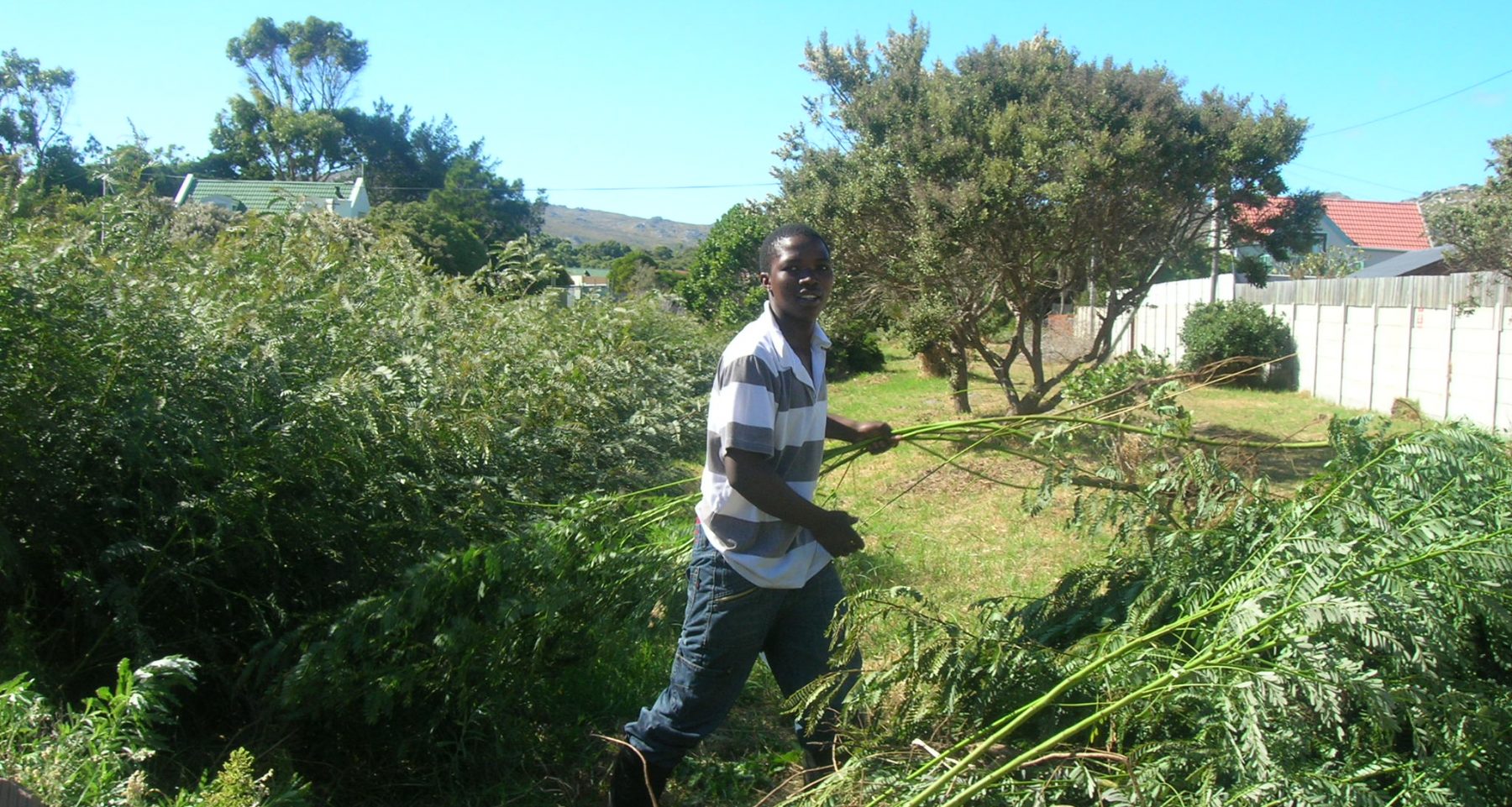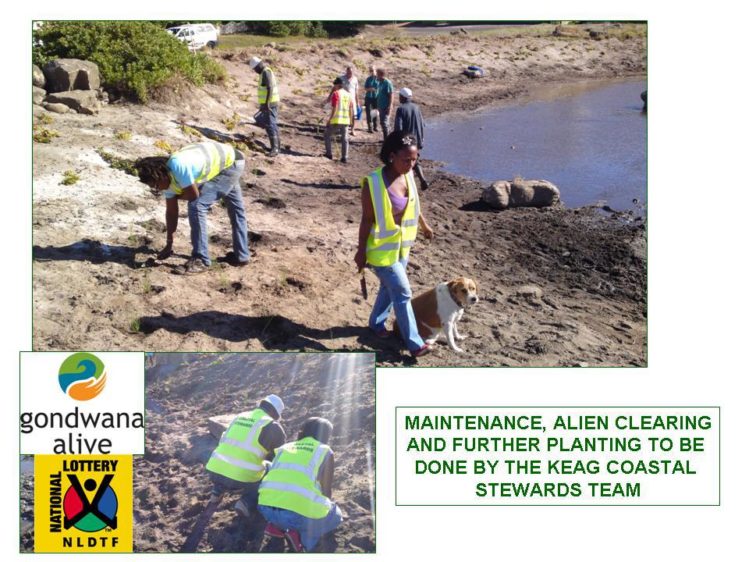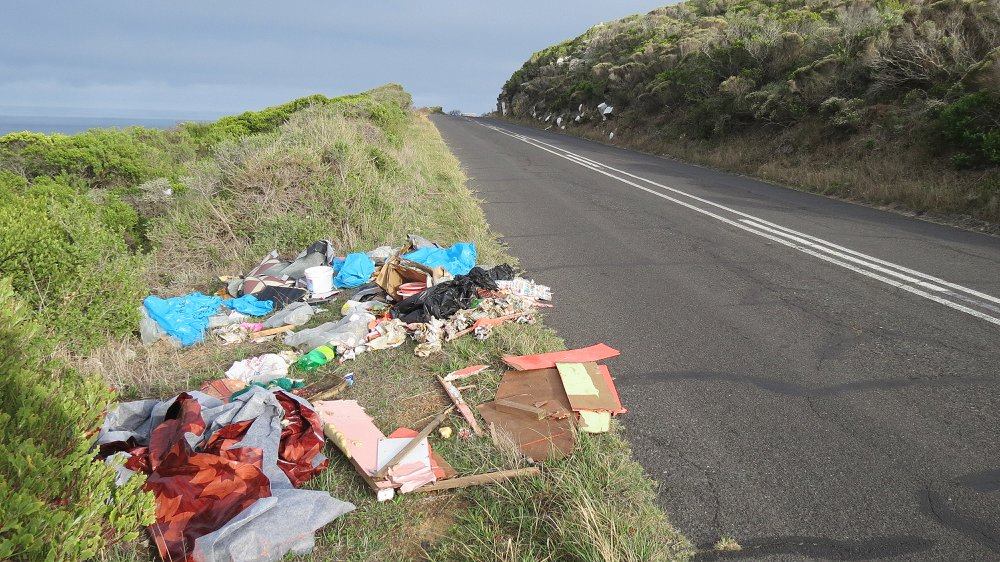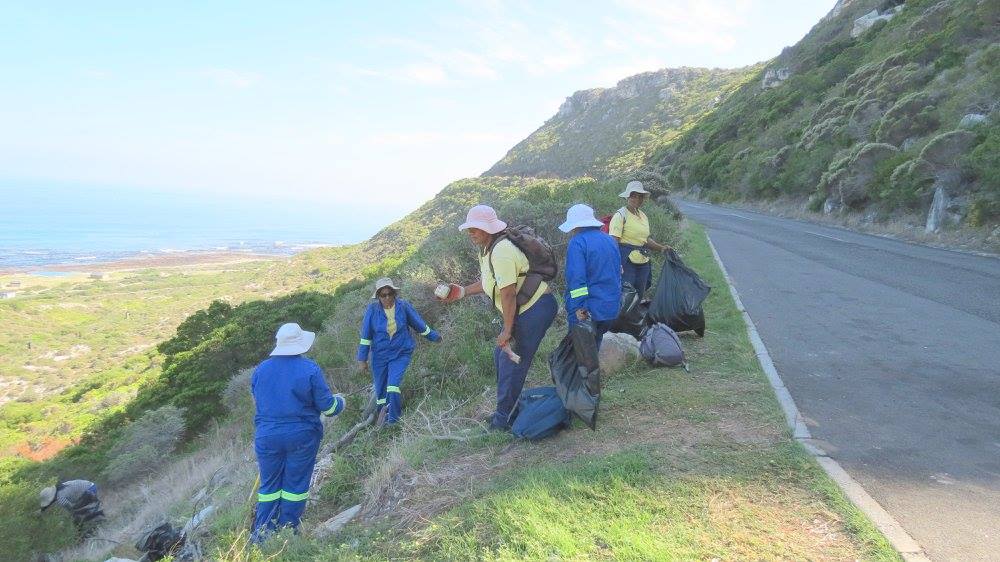Overview
This project south of Cape Town, South Africa aims to improve the condition of selected public natural coastal spaces and contribute to existing efforts to improve, extend and maintain public access to coastal areas. The project also provides employment and training to local people from poor communities, while ensuring that the benefits of their work are experienced by a broad range of people. People were hired to remove alien plants, plant indigenous gardens, stabilize sand dunes and build pathways. The hope is that in the longer-term, this project will lead to improved integrity of and low-impact public access to coastal areas of interest, improved capacity and employability of people from local poor communities, and improved inter-cultural communication in the coastal area. Combining restoration with job creation is an important way to increase public appreciation for conservation.
Quick Facts
Project Location:
Kommetjie, Cape Town, South Africa, -34.14031170000001, 18.329195099999993
Geographic Region:
Africa, Atlantic Ocean
Country or Territory:
South Africa
Biome:
Freshwater, Coastal/Marine
Ecosystem:
Coastal, Dune & Upland, Other/Mixed
Project Lead:
Kommetjie Environmental Awareness Group (KEAG)
Organization Type:
NGO / Nonprofit Organization
Location
Project Stage:
Implementation
Start Date:
20090203
End Date:
20090430
Primary Causes of Degradation
Invasive Species (native or non-native pests, pathogens or plants), Urbanization, Transportation & IndustryProject Goals
Monitoring
The project does not have a monitoring plan.
Stakeholders
The project is conducted by the Kommetjie Environmental Awareness Group (KEAG), a non-profit organization. Also affected or involved are the Kommetjie Residents and Ratepayers Association, the City of Cape Town, and residents of the poorer communities Masiphumelele and Ocean View. The City has power. Decisions have been made within KEAG.
Ecological Outcomes Achieved
Eliminate existing threats to the ecosystem:
In progress (early stages).
Factors limiting recovery of the ecosystem:
Sharing of wealth would assist in speedier recovery through the hiring of more people and the acquisition of more indigenous plants. Concerted resources to remove the rubbish at the old dump would also help.
Socio-Economic & Community Outcomes Achieved
Economic vitality and local livelihoods:
8 people have been hired during the course of this project. Environmental education and life-skills training (e.g. career planning, business presentation) have also been provided.
Long-Term Management
Aliens are being removed from the root using a tree popper, which will prevent regrowth without the use of herbicide. Hardy indigenous plants have been chosen that can survive without maintenance. Local residents are informed about the project. Signs are being put up to explain the ecosystems and restoration projects.
Sources and Amounts of Funding
9000 CAD Robin Rigby Trust, Saint Mary’s University, Halifax, Nova Scotia, Canada. 3 months’ volunteer labour by a Canadian project coordinator.





